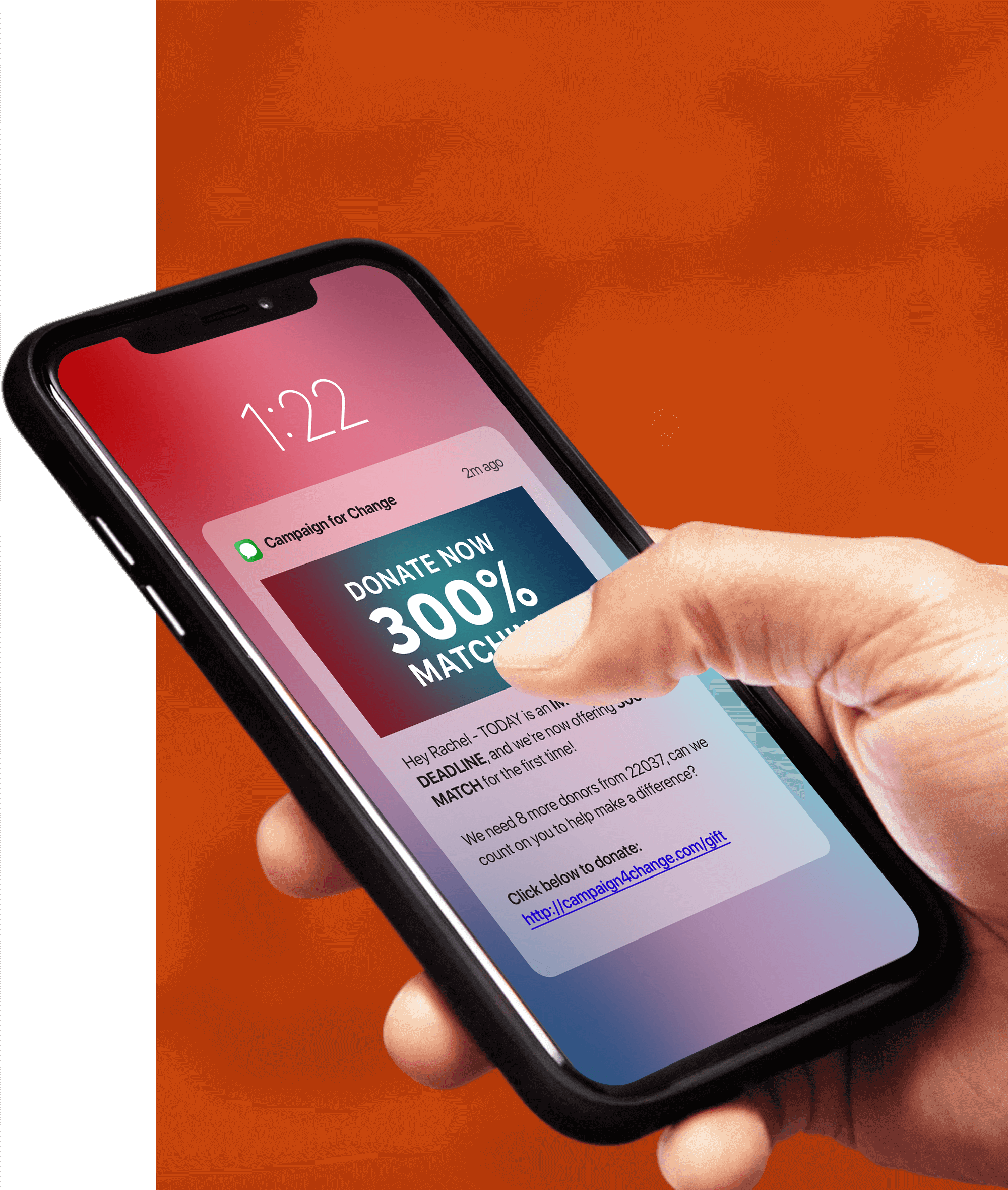In today’s rapidly evolving digital landscape, data security and privacy have become paramount concerns for organizations across industries. With big-name organizations, such as T-Mobile, Twitter (now called X), Paypal, Mailchimp and others getting hacked, consumers’ fears of a data breach are not unfounded.
As businesses increasingly rely on technology and data to operate, ensuring the protection of sensitive information has never been more critical. That’s where SOC (Service Organization Control) compliance steps in, providing a standardized framework to assess and guarantee the security, availability, processing integrity, confidentiality, and privacy of data held by service providers. As one of the leading companies in the text messaging industry, Tatango has obtained both Type 1 and Type 2 SOC-2 compliance, setting new standards for data security and customer trust.
Understanding SOC Compliance
SOC compliance, short for Service Organization Control compliance, is a set of standards created by the American Institute of Certified Public Accountants (AICPA). These standards are used to assess how well a service organization, like Tatango, manages its internal controls and processes, especially when it comes to safeguarding data security and privacy. This is crucial, especially for businesses like Tatango that handle sensitive customer information, including cloud service providers, data centers, and software-as-a-service (SaaS) platforms.
There are various types of SOC reports, such as SOC-1, SOC-2, and SOC-3, each serving a unique purpose in evaluating different aspects of a company’s operations. Among these, SOC-2 is particularly noteworthy for organizations that handle customer data. SOC-2 reports focus on a service provider’s controls related to security, availability, processing integrity, confidentiality, and privacy.
The 5 principles of trust:
The five principles of trust are criteria that are designed to make certain that the organization has effective safeguards in place to protect customer data and maintain the operational integrity of its services. To achieve compliance with the five trust principles, every organization needs to develop its own set of security controls. The five trust principles of SOC compliance are:
Security: This principle includes fortifying data and systems against unauthorized access. Because of this, access control mechanisms such as identity management systems and access control lists are applied. Reinforcing firewalls, deploying intrusion detection and recovery systems, and enforcing multi-factor authentication are also key parts of this trust principle.
Confidentiality: When data is restricted to a specific group of individuals, it falls under the umbrella of confidentiality. This can include sensitive data like application source code, or passwords and other important information. Encrypting confidential data both during transmission and at rest are also crucial components of confidentiality.
Availability: Systems looking to achieve SOC compliance must consistently meet stringent availability service level agreements. Achieving this demands the creation of fault-tolerant systems that can withstand high loads without faltering. Because of this, comprehensive network monitoring systems and a strong disaster recovery plan ensures uninterrupted availability.
Privacy: Personally identifiable information (PII) demands compliance with the organization’s data usage and privacy policies, and is all about safeguarding sensitive personal information, like names and contact details. These must remain in line with our organization’s data policies and the Generally Accepted Privacy Principles (GAPP) outlined by the AICPA.
Processing Integrity: The principle of processing integrity underscores the consistent functionality of systems in accordance with their design. This could include the absence of delays, vulnerabilities, errors, or bugs.
The Importance of SOC2 Compliance
SOC-2 compliance is more than just a regulatory requirement. It is a tribute to the organization’s commitment to data security and privacy. For businesses, like Tatango, that handle customer information such as usernames and passwords, earning SOC-2 compliance demonstrates to clients and partners that the organization takes data protection seriously. It provides assurance that the company’s systems, policies, and procedures align with industry best practices and standards.
Achieving SOC-2 compliance involves undergoing strenuous audits conducted by independent third-party auditors. These audits evaluate the organization’s controls and practices across multiple areas, including network security, physical security, data management, incident response, and more. Successfully obtaining SOC-2 compliance requires a multi-faceted approach to cybersecurity and a dedication to maintaining the highest standards of data protection.
Tatango: Pioneering Text Message Security
Tatango has become one of the first text message companies to achieve SOC-2 compliance. This achievement is a significant milestone not only for Tatango but also for the entire text messaging sector. By obtaining SOC-2 compliance, Tatango sets an example for other companies in the industry, illustrating the importance of prioritizing data security and privacy in a rapidly evolving digital landscape.
At Tatango, we take data security seriously. Tatango remains dedicated to protecting clients’ data and ensuring that our text messaging platform adheres to the highest standards of security. With SOC-2 compliance, Tatango provides its clients with the confidence that their sensitive information is handled with the utmost care and diligence.
The Benefits of Tatango’s SOC-2 Compliance
Tatango’s achievement of SOC-2 compliance brings several compelling benefits to both the company and its clients:
- Enhanced Customer Trust: SOC-2 compliance demonstrates Tatango’s commitment to safeguarding customer data, thereby enhancing trust and credibility among its client base.
- Data Security: Tatango’s SOC-2 compliance confirms that the platform has robust data security controls in place, reducing the risk of data breaches and unauthorized access.
- Regulatory Alignment: SOC-2 compliance ensures that Tatango’s practices align with industry regulations and standards, providing reassurance to clients that their compliance needs are met.
- Competitive Advantage: Tatango’s status as one of the leading text message companies to hold SOC-2 compliance sets it apart in a competitive market, attracting nonprofit organizations seeking secure and reliable text messaging services.
- Client Confidence: Nonprofits partnering with Tatango can have confidence in the security of their data and communication, enabling them to focus on their core business operations.
For all nonprofit organizations, data security and privacy is paramount. Nonprofits must prioritize the protection of customer information and maintain the highest standards of data integrity. Tatango’s achievement of SOC-2 compliance underscores the significance of data security in every facet of technology-driven services. By obtaining SOC-2 compliance, Tatango not only strengthens its commitment to customer trust but also paves the way for a safer and more secure digital future.

